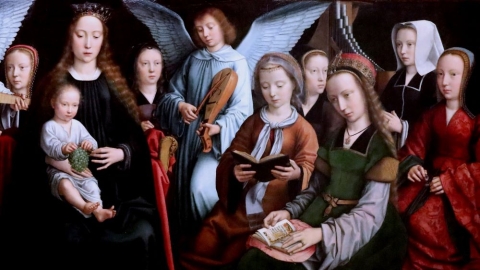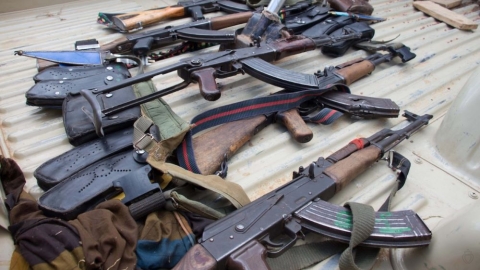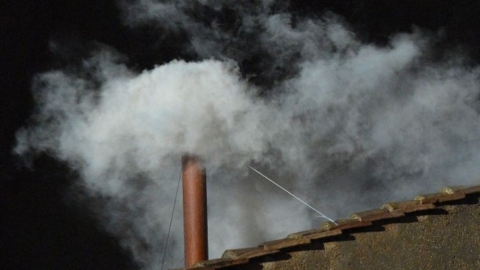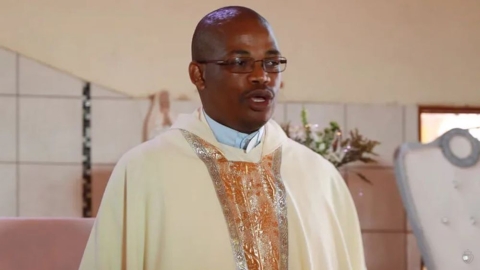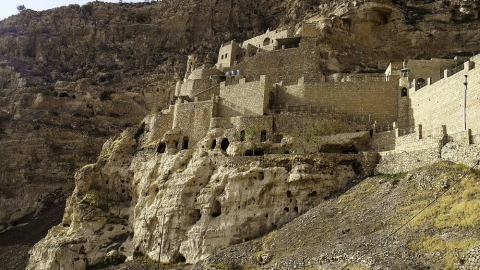A Thousand Days After the Attacks, Tension Remains High in Sri Lanka
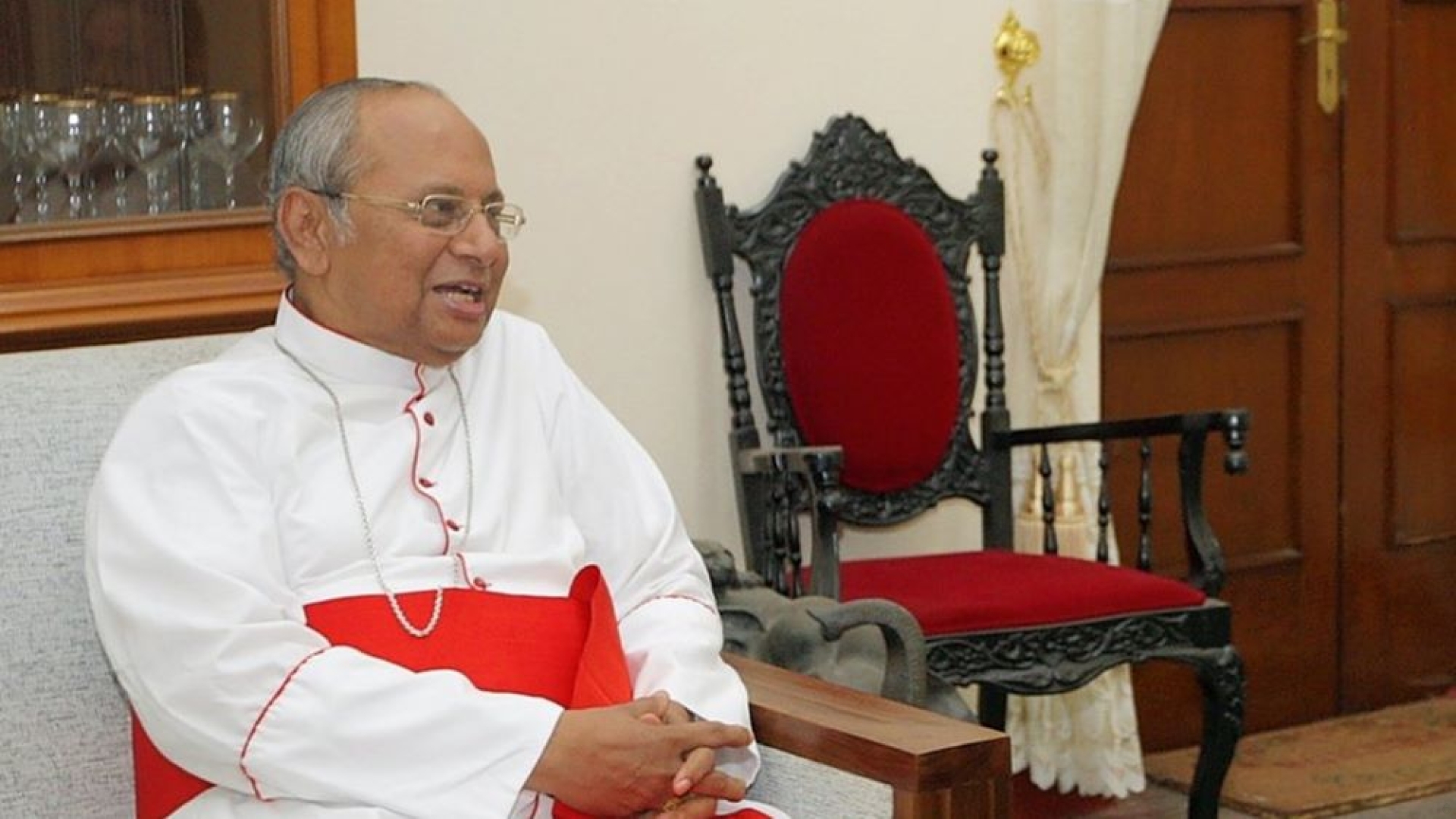
Le cardinal Malcolm Ranjith
A thousand days after the deadly attacks on Easter Sunday 2019, the ecclesiastical authorities organized a large rally in Colombo, Sri Lanka, in order to ask the authorities to shed light on the attacks. The day before, an explosive device was found in a church.
More than two and a half years have passed, which have not been enough to shed light on the wave of suicide attacks that bloodied Sri Lanka on the morning of Sunday, April 21, 2019.
On this Easter Sunday, a series of eight coordinated Islamist terrorist attacks targeted three churches and three luxury hotels in Colombo, Negombo, and Batticaloa: 258 people – including 45 children – were killed, and nearly 500 were injured.
Two days later, the Islamic State (IS) organization claimed responsibility for the attack, carried out by one of its local subsidiaries: the National Thowheeth Jama'ath.
An incomplete scenario, according to Cardinal Malcolm Ranjith, Archbishop of Colombo, who tells anyone who will listen: the attacks could have been avoided; worse, the security services had turned a blind eye in order to consolidate the power then in place, in the middle of an election period.
In order to maintain pressure on the executive, the leader of the Catholic Church in Sri Lanka has therefore decided to organize a national day of prayer on January 14, 2022, a symbolic date which marks the one thousandth day since the Easter attacks in 2019.
The day began at 10 a.m. with a procession and a rosary recited at the Notre-Dame basilica, in the capital, in the presence of a crowd of priests, religious, and lay people – notably the relatives of the victims - who had come from all over the island.
“Nobody can prevent the truth from coming out!” thundered the high Sri Lankan prelate, referring, in veiled terms, to an event that took place the day before the rally, and which some interpret as an attempt at intimidation.
On January 12, an explosive was found in the Church of All Saints, in Colombo, in the Borella district. Four people were interviewed by the police, who concluded that the sexton of the church was guilty.
An explanation that does not satisfy Cardinal Ranjit: “the police arrested the man who was sweeping there and who took fright when he saw the machine; the security forces are trying to cover up the truth about this story,” warns the Archbishop of Colombo, who has access to church surveillance video showing another suspect depositing a bag in the shrine.
Films that the police refused to watch, weakening their version of the facts a little more, and raising many questions.
“If you don't tell the truth, your uniform is meaningless, take it off and go home,” Msgr. Ranjith told law enforcement.
The atmosphere remains decidedly explosive on the pearl of the Indian Ocean, where an unprecedented showdown is being played out between state power and the Church.
Related links
(Sources : Asianews/Ucanews – FSSPX.Actualités)
